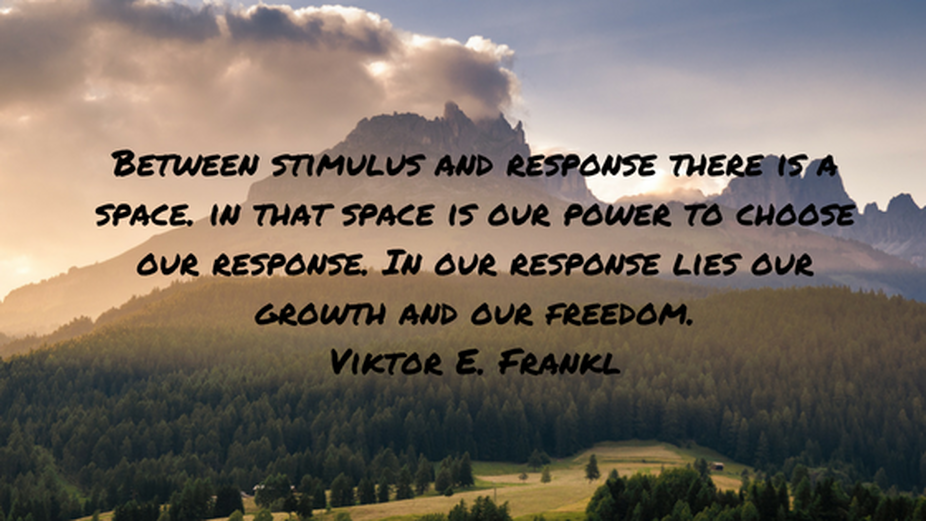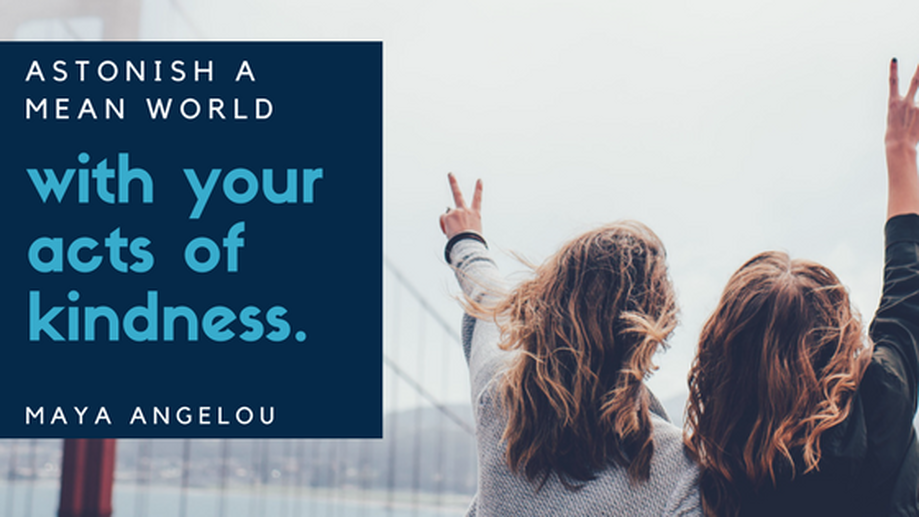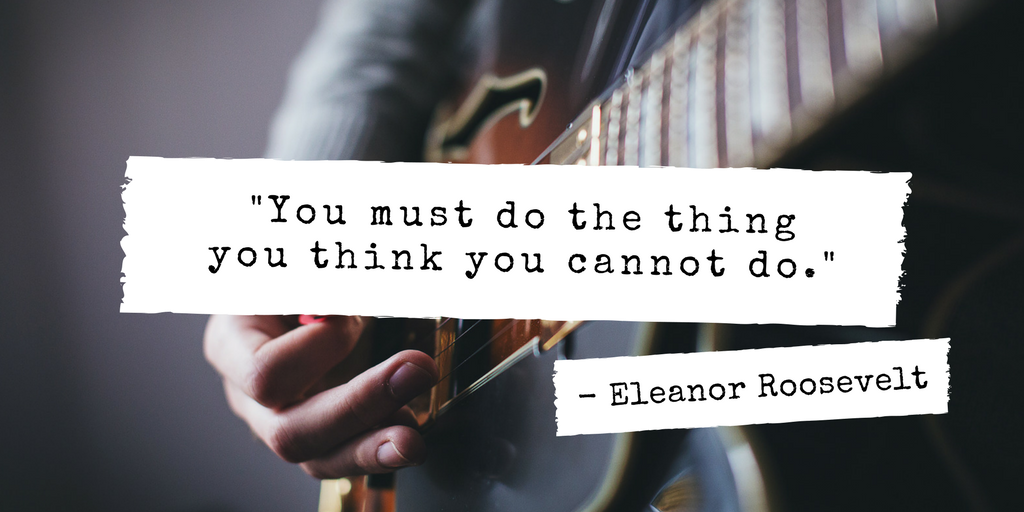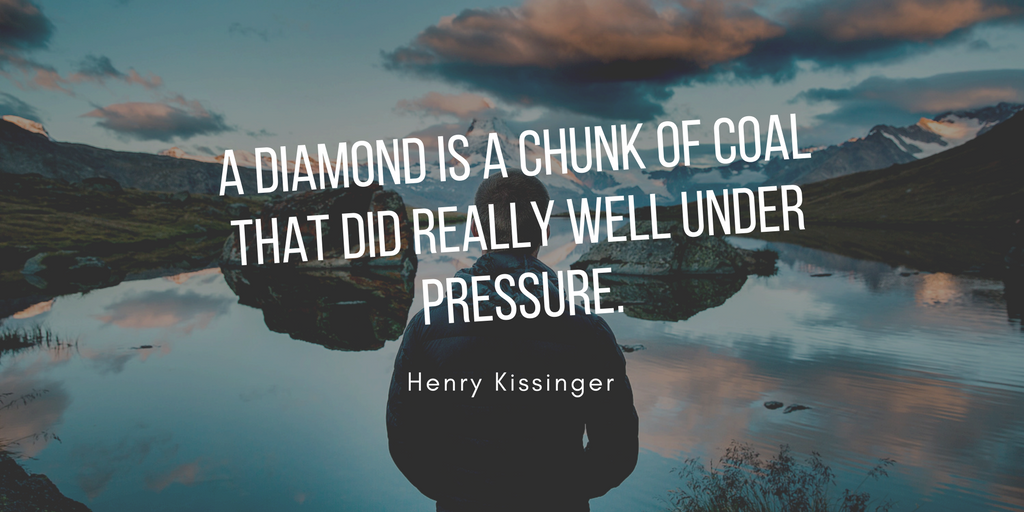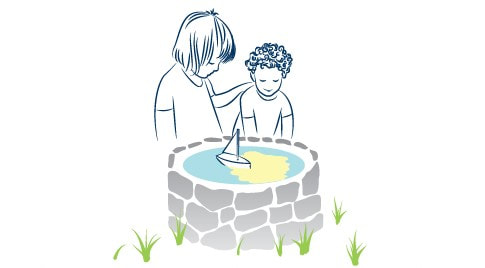- New York Times - Mindfulness for Children "Children of all ages can benefit from mindfulness, the simple practice of bringing a gentle, accepting attitude to the present moment. It can help parents and caregivers, too, by promoting happiness and relieving stress. " http://nyti.ms/2A619MG
- Yoga with Adriene - YouTube "Find a practice that suits your mood or start a journey toward healing. Work up a sweat, or calm and relieve a tired mind and body. Create space. Tone and trim. Cultivate self love. Make time for you. Go deeper, have fun. Connect. Fall off the horse and then get back on. Reconnect. Do your best, be authentic and FIND WHAT FEELS GOOD." http://bit.ly/1A0zCI7
- Psychology Today - Don't Just React: Choose Your Response "Create the inner 'space' to be the person you want to be." http://bit.ly/1Ic0s6h
- International Journal of Child Care and Education Policy - The importance of emotional competence and self-regulation from birth: a case for the evidence-based emotional cognitive social early learning approach "Neuroscientific advances demonstrate that the age range from zero to 5 years old represents a critical window for both learning and teaching, which must involve
the development of emotional competence and the growth of self-regulation as a foundation for long-term academic, personal, and social success, promoting mental health and well-being." http://bit.ly/2qQ3pZ7
- Hey SIGMUND - Where the Science of Psychology Meets the Art of Being Human "Every day there are stunning new insights into the human mind and the way we work, love, play, behave, relate, think and feel...Now more than ever, anybody who is any version of human has something to gain from the science of psychology." www.heysigmund.com
- The New York Times - The Mindful Child "It’s long been known that meditation helps children feel calmer, but new research is helping quantify its benefits for elementary school-age children." http://nyti.ms/2Dvo7Ac
- Dr. Daniel Siegel presenting a Hand Model of the Brain - YouTube Dr. Daniel Siegel explains how the brain works using his hand model of the brain, including the limbic regions, the cortex and the pre-frontal cortex. https://binged.it/2GsftU9
- Why Do We Lose Control of Our Emotions? - YouTube Simple, easy-to-understand whiteboard animation to help early Elementary-aged children gain an understanding of the way their brains work to recognize and manage their emotions. This is intended as a beginning resource to help children, parents, educators, and those who work with children to encourage mindfulness, empathy, and emotional regulation. http://bit.ly/2qBgktr
- Janet Lansbury - Elevating Child Care "When we perceive our infants as capable, intelligent, responsive people ready to participate in life, initiate activity, receive and return our efforts to communicate with them, then we find that they are all of those things." http://bit.ly/2klDmpR
- Aha! Parenting "Whether you’re wondering how to handle a specific challenge, just figuring out your child-raising approach, or ready to tear your hair out, you’ve come to the right place." http://bit.ly/2DMDcAD
- New York Times - Teenagers, Anxiety Can Be Your Friend "Think of it as a personal warning system that will help you notice when things are on the wrong track."
|
Metro West Center For Well Being
Helping children & their families flourish |

